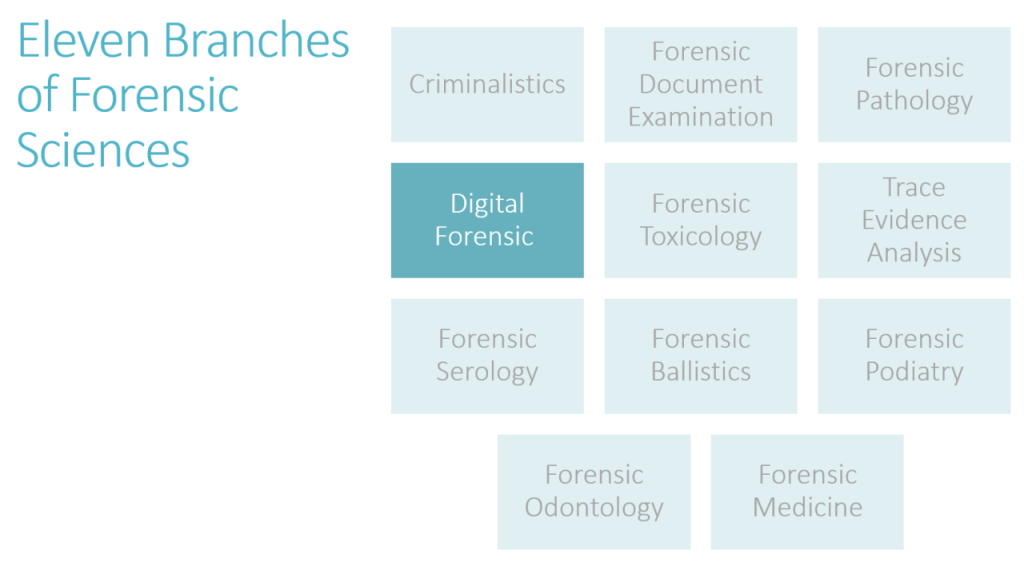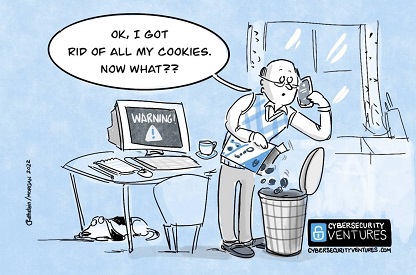
Why Digital Forensics is Important to Executives.
February 14, 2024
There are eleven branches of Forensic Sciences with Digital Forensics being one of those branches.
All of these disciplines, including digital forensics, are in grounded in the same scientific principles as the others.
In Digital Forensics we focus on identifying, acquiring, processing, analyzing and reporting on evidence and in Digital Forensics the target of our analysis is data stored electronically, which is legally termed as Electronically Stored Information. Almost all crimes involve some type of digital footprint, that includes white collar crime.
Working in the corporate or business world, you may quickly discount the need for any forensic sciences. You may think only crimes or crime scene investigators use forensic disciplines.
Electronically Stored Information, often referred to as ESI, has been described as the corporate equivalent of DNA. Therefore, when ESI is compromised either by a digital breach of an unknown origin, or through the compromise of a “trusted” employee or business partner, the resulting analysis and investigation is a forensic examination, which should absolutely be grounded in scientific methodologies as it is evidence of a cybercrime.
Our world is permeated with Electronically Stored Information. In our personal lives, we have ESI on our digital devices and the internet of things that are controlling our homes. In our professional lives nearly everything we do involves some type of ESI from emails to productivity, operations, customer management and finance.
If the ESI under your care, custody, and/or control is compromised, especially legislative-protected ESI, a saavy executive, board, audit committee or their counsel will already know who to call. If you would like more information on how to build the digital forensic discipline within your organization’s Information Technology group, we are happy to share our resources further.





